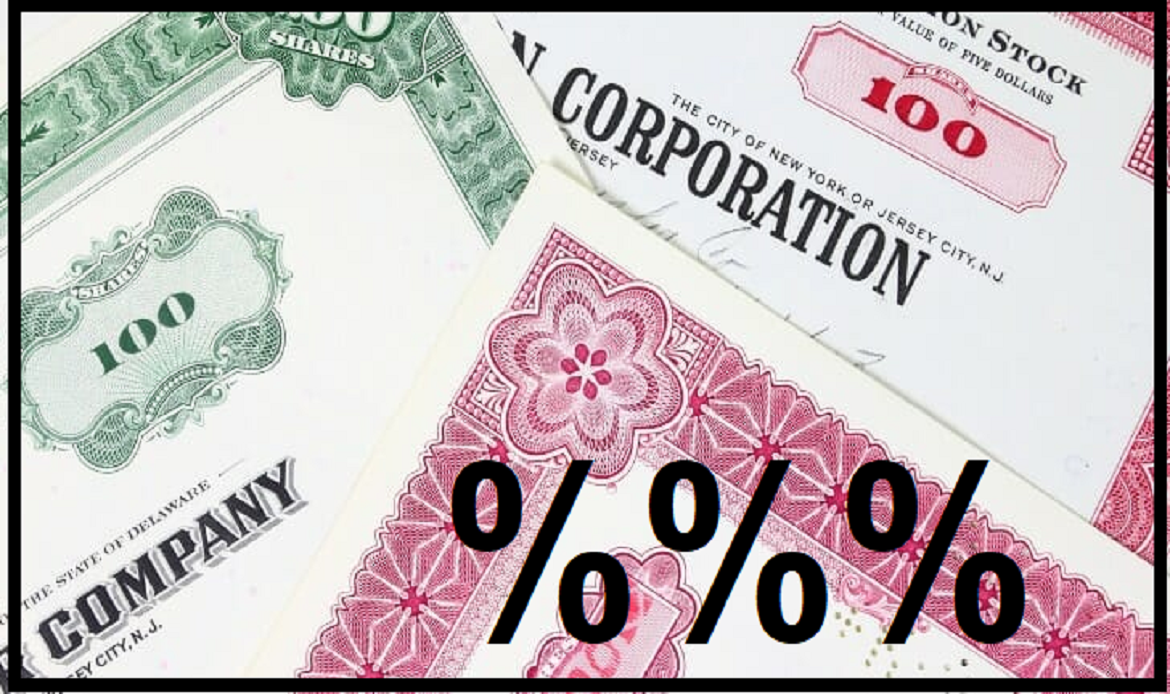A market problem that arises due to information asymmetry between investors and entrepreneurs, leading to the break down of capital markets. This happens when one party to a transaction has more information than the other. For example, the seller of a used car knows whether or not his car is a bad sale (lemon); the buyer does not. The buyer expects the transaction would involve information asymmetry and therefore assumes he will be sold a lemon. As such, he only pays a “lemon” price. And since the seller can only get a lemon price, he will only sell a lemon.
The lemons problem was first diagnosed by George Akerlof in 1970. In capital markets, business ideas vary from good to bad. If half the ideas are good and the other half are bad, investors will be unable to tell one set of ideas from the other. Whereas entrepreneurs with bad ideas will try to gloss over their ideas in the guise of good ideas. Investors, aware of this possibility, value both good and bad ideas at an average level, penalizing good ideas all along. Entrepreneurs with good ideas feel unsatisfied with the unfavorable terms of financing, and therefore exit the capital market. Unfortunately, entrepreneurs with bad ideas stay on, and increasingly bad ideas crowd out good ideas, and investors lose confidence in this market. Adverse selection governs for a while until the market wakes up and shuns away lemon entrepreneurs. And the cycle goes on.






